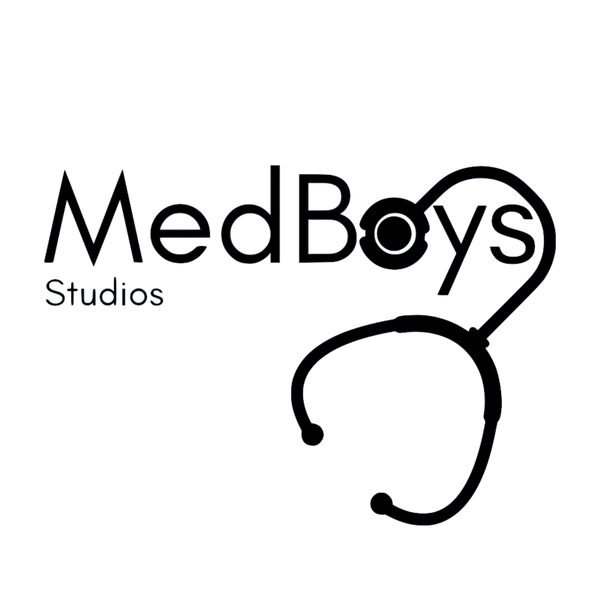
What Extracurriculars Actually Matter for Med School (and Why You’re Probably Overthinking It)
MedBoys StudiosstoreShare
If you're a premed student, there's a good chance you've spent a lot of time wondering what extracurriculars you should be doing. Volunteering? Research? Leading clubs? Shadowing six different specialists before the semester ends? The list goes on, and it can feel like you're playing some weird checklist game where the rules are unclear and the stakes are high.
But here's the truth no one tells you upfront: you’re probably overthinking your extracurriculars.
Medical schools in Canada (and a growing number in the US) don’t expect you to be the president of ten clubs, start your own nonprofit, and discover a new disease before your MCAT. What they do expect is for you to demonstrate the core characteristics of a good physician. That’s where the CANMEDS framework comes in. It’s a set of roles doctors are expected to fulfill, including being a communicator, collaborator, health advocate, leader, professional, scholar, and medical expert.
What’s wild is that almost any activity can reflect those roles if you frame them properly. And that’s the part most people miss. It’s not about what you do, it’s about how you describe it.
Let’s take a personal example. I love video games. I always have. And during undergrad, I turned that love into something more. I became a professional streamer. I did it for a couple of years, built a small community, won a $1000 award for my content, and had an absolute blast. But when it came time to apply to med school, I didn’t just leave that part of my life out. I leaned into it.
Think about it. Streaming taught me to communicate clearly, especially with people from different backgrounds. It taught me to listen actively to my audience, create a safe and inclusive space, and juggle multiple things at once, from managing a chatroom to troubleshooting tech while keeping the energy up. Sounds a lot like being a physician, right?
That’s how you make something “nontraditional” shine. You reflect on how it helped you grow, and how that growth ties into the kind of doctor you want to be.
That being said, there are some extracurriculars that almost always help, not because they’re magic keys, but because they naturally push you to grow in the ways the CANMEDS framework values. Things like:
-
Volunteering (especially in healthcare or community-based roles)
-
Leadership positions (in clubs, organizations, or student governments)
-
Research (especially if you can speak to your curiosity and perseverance)
-
Hobbies or creative projects (because passion is contagious and shows depth)
The key is to actually enjoy the things you’re doing. When you do, you naturally go deeper, take more initiative, and grow in ways that matter. That makes for a much more compelling story when you’re writing applications or going through interviews.
So if you’re stuck wondering whether you should take that volunteer position you’re only half-interested in just because it “looks good,” ask yourself this instead: what do I love doing, and how can I push myself to grow through it?
Then go do that. The rest will follow.
